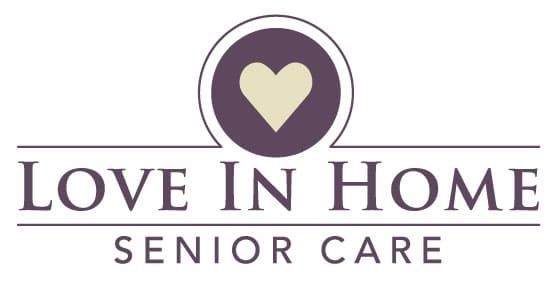What You Should Know About Hospital Acquired Infections
When you think about your parent going into the hospital to receive care, you want to think they are in the best hands possible, and that their environment is one of healing. Unfortunately, there are risks your senior faces anytime they are in the hospital. This is particularly true if they spend an extended time in the hospital, or go during more risky times of the year, such as cold and flu season. One of these risks is known as hospital-acquired infections, or HAIs. These are infections contracted during time in a hospital, and they can be very dangerous for your elderly parent. By understanding these infections, you can take steps to better protect your senior from the infections, and ensure they get the care they need to overcome them effectively and safely should they encounter them during treatment.

Elderly Care in Spokane Valley WA: Hospital Acquired Infections
Some things you should know about hospital-acquired infections include:
- In order to be considered a hospital-acquired infection, the pathogen or infection cannot be present prior to the person entering the hospital.
- One of the most common areas for contracting a hospital-acquired infection is the Intensive Care Unit.
- Approximately one out of every ten people who are admitted into a hospital will contract a hospital-acquired infection.
- In order to be considered a hospital-acquired infection, the infection must appear up to 48 hours after admission into the hospital, and up to three days after discharge from the hospital.
- An infection that occurs within 30 days after having an operation is also considered a hospital-acquired infection.
- Hospital-acquired infections can lead to longer time spent in the hospital, increased healthcare costs, and increased risk of serious long-lasting consequences of the initial problem and the infection, as well as death.
The personalized services of an elderly care provider can be extremely beneficial after your aging parent has spent time in the hospital. Whether your senior had to visit the emergency room for a few hours, or was admitted to the hospital for a longer period of time, the additional care and support after discharge can make their recovery smoother and easier for them, and for you as their family caregiver. Recovery after being in the hospital, particularly if your senior contracted a hospital-acquired infection, can be long and difficult. It is important your senior has the support they need to manage their challenges as they recover, and to focus on healing. An elderly home care services provider can help your parent handle tasks around the home so they can rest, offer medication reminders to keep your parent compliant, and even support them in planning and following through with a healthier lifestyle for when they are finished with recovery.
If you or an aging loved one are considering elderly care in Spokane Valley, WA, please contact the friendly staff at Love at Home Senior Care, today. Call (509) 204-4088
- Are You in Good Hands? 5 Key Qualities That the Best Caregivers Should Have - December 3, 2019
- Emergency Preparedness: A Checklist for Older Adults and Seniors - November 29, 2019
- 6 Fun Fall Activities That Seniors and Caregivers Will Love - November 27, 2019
